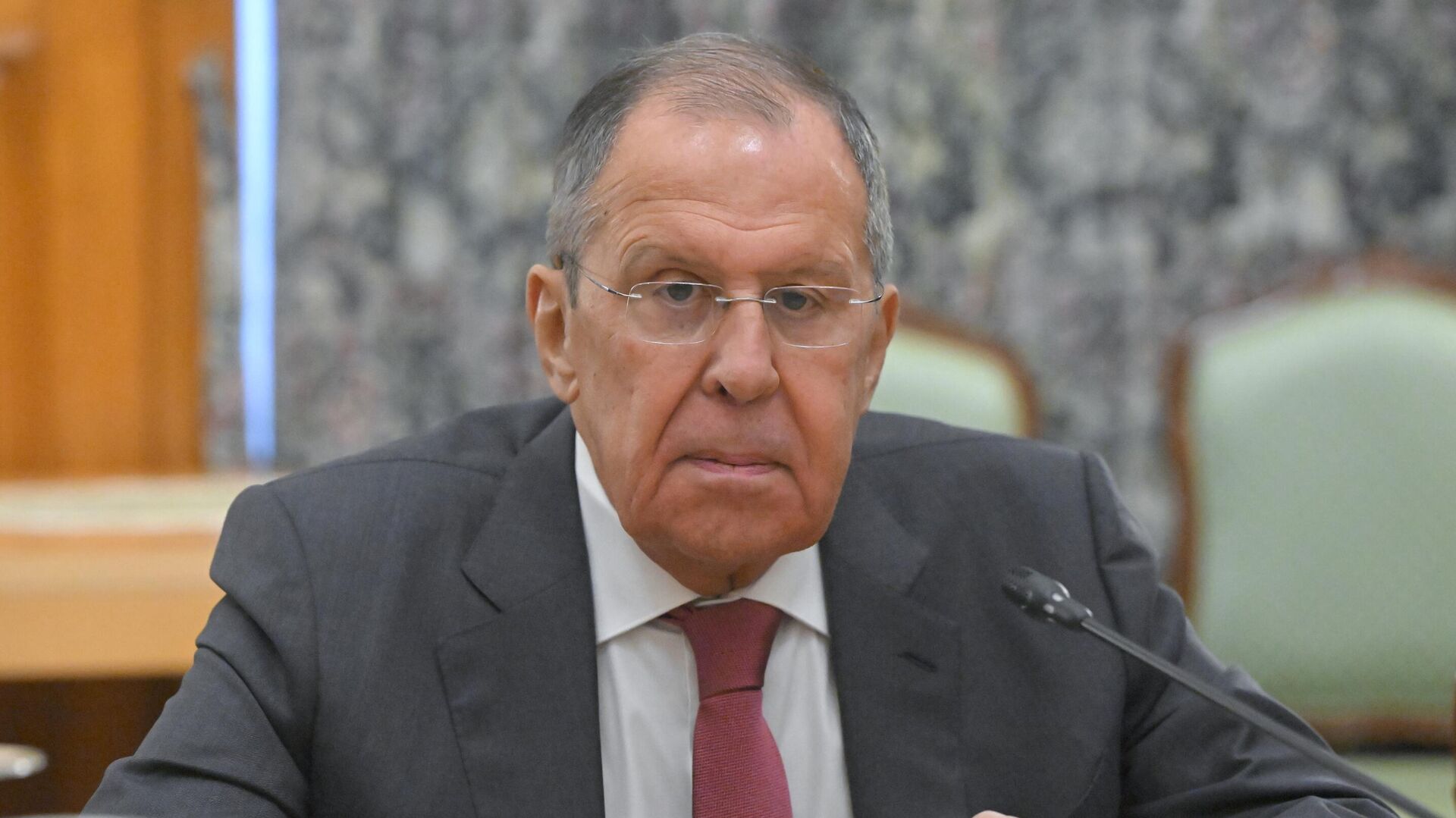https://sputnikglobe.com/20241028/russia-makes-every-effort-to-de-escalate-middle-east-tensions-after-israels-strikes-on-iran-1120707094.html
Russia Makes Every Effort to De-escalate Middle East Tensions After Israel's Strikes on Iran
Russia Makes Every Effort to De-escalate Middle East Tensions After Israel's Strikes on Iran
Sputnik International
Russia believes that it is now possible to avoid the worst-case scenario after Israel's strikes on Iran, Russian Foreign Minister Sergey Lavrov said on Monday.
2024-10-28T11:32+0000
2024-10-28T11:32+0000
2024-10-28T11:36+0000
world
sergey lavrov
russia
israel
israel defense forces (idf)
un security council (unsc)
iran
https://cdn1.img.sputnikglobe.com/img/07e8/0a/1c/1120706935_0:0:2870:1614_1920x0_80_0_0_542281e61221b4ec703a0c9c6353da22.jpg
"At this stage, of course, we have managed to avoid the worst-case scenario, at least because its probability still remains," Lavrov said at a joint press conference with Kuwaiti Foreign Minister Abdullah Ali Al-Yahya. Russia expects the UN Security Council to help calm tensions in the Middle East after the Israeli strike, the minister added."But I very much hope that the recent contacts will prevent this from happening. At the very least, we are doing everything possible to help de-escalate and defuse this situation somehow," emphasized the head of Russia’s foreign ministry. On the night of October 26, the Israel Defense Forces (IDF) announced strikes on military facilities in Iran in response to attacks on the Jewish state on October 1. CBS News, citing a source, reported that Israel's attack on Iran was limited to military targets and did not extend to nuclear or oil facilities. According to IRNA, none of Iran's oil industry facilities were damaged. Iranian media reported the deaths of four military personnel.
russia
israel
iran
Sputnik International
feedback@sputniknews.com
+74956456601
MIA „Rossiya Segodnya“
2024
Sputnik International
feedback@sputniknews.com
+74956456601
MIA „Rossiya Segodnya“
News
en_EN
Sputnik International
feedback@sputniknews.com
+74956456601
MIA „Rossiya Segodnya“
Sputnik International
feedback@sputniknews.com
+74956456601
MIA „Rossiya Segodnya“
sergey lavrov, kuwait, israel, iran, israeli strike on iran, iranian retaliation
sergey lavrov, kuwait, israel, iran, israeli strike on iran, iranian retaliation
Russia Makes Every Effort to De-escalate Middle East Tensions After Israel's Strikes on Iran
11:32 GMT 28.10.2024 (Updated: 11:36 GMT 28.10.2024) MOSCOW (Sputnik) - Russia believes that it is now possible to avoid the worst-case scenario after Israel's strikes on Iran, Russian Foreign Minister Sergey Lavrov said on Monday.
"At this stage, of course, we have managed to avoid the worst-case scenario, at least because its probability still remains," Lavrov said at a joint press conference with Kuwaiti Foreign Minister Abdullah Ali Al-Yahya.
Russia expects the UN Security Council to help calm tensions in the Middle East after the
Israeli strike, the minister added.
Lavrov also said that "there are those who wish" to intensify the conflict in order for the US to get involved.
"But I very much hope that the recent contacts will prevent this from happening. At the very least, we are doing everything possible to help
de-escalate and defuse this situation somehow," emphasized the head of Russia’s foreign ministry.
On the night of October 26, the Israel Defense Forces (IDF) announced strikes on military facilities in Iran in response to attacks on the Jewish state on October 1. CBS News, citing a source, reported that Israel's attack on Iran was
limited to military targets and did not extend to nuclear or oil facilities. According to IRNA, none of Iran's oil industry facilities were damaged. Iranian media reported the deaths of four military personnel.


